China's "artificial sun" has set a new world record on Monday by sustaining a steady-state high-confinement plasma at over 100 million degrees Celsius for 1,066 seconds, according to China Media Group.
The Experimental Advanced Superconducting Tokamak (EAST), located in Hefei, east China's Anhui Province, achieved this breakthrough in steady-state high-confinement mode (H-mode), demonstrating the potential for stable operation in future fusion reactors.
H-mode significantly reduces turbulence at the plasma edge, enhancing energy confinement and effectively doubling the confinement time compared to the low-confinement mode (L-mode). It is considered the preferred operational mode for future fusion reactors, including large-scale projects such as the International Thermonuclear Experimental Reactor (ITER). EAST's sustained H-mode operation at extreme temperatures provides valuable data and experience for advancing practical fusion energy.
EAST is designed to mimic the fusion reactions that power the Sun by using hydrogen and deuterium gases as fuel. The insights gained from EAST are critical for developing industrial-scale reactors to generate clean and sustainable energy.
The facility incorporates advanced technologies such as superconducting magnets, ultra-high vacuum systems, and precision control mechanisms to manage ultra-strong magnetic fields and large electric currents. With nearly one million components working in coordination, EAST has secured approximately 2,000 patents.
Since its commissioning in 2006, EAST has conducted over 150,000 plasma experiments, continuously pushing the limits of long-pulse, high-confinement mode operations. The recent achievement of sustaining H-mode for 1,066 seconds builds on previous milestones, including 30 seconds in 2012, 60 seconds in 2016, 101 seconds in 2017 and 403 seconds in 2023.








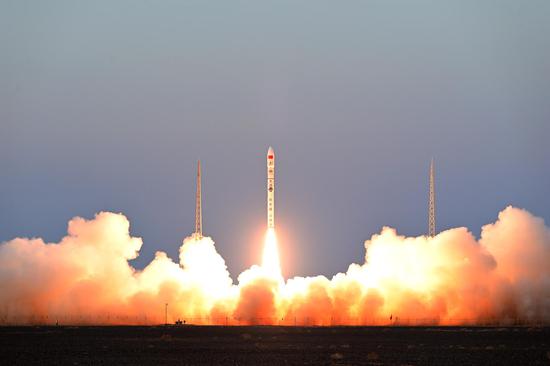



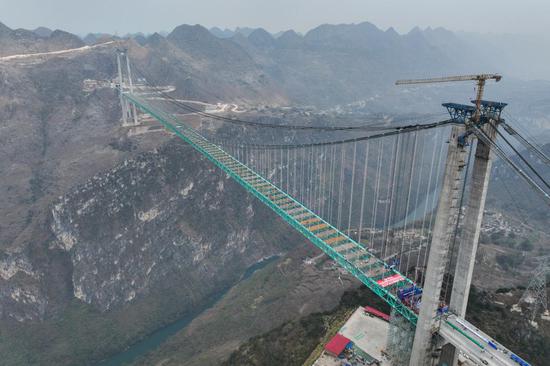



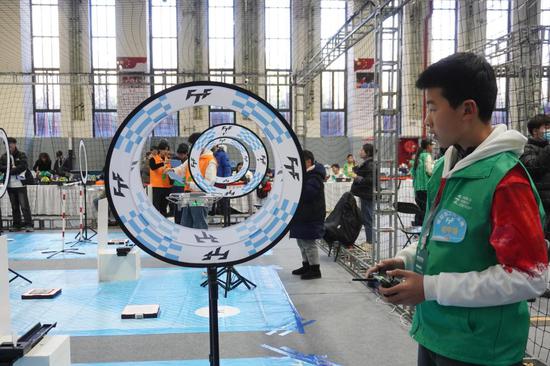


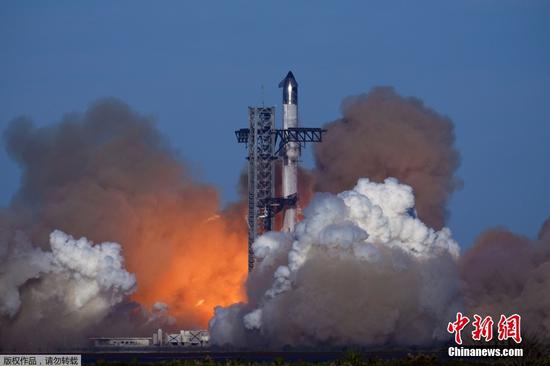

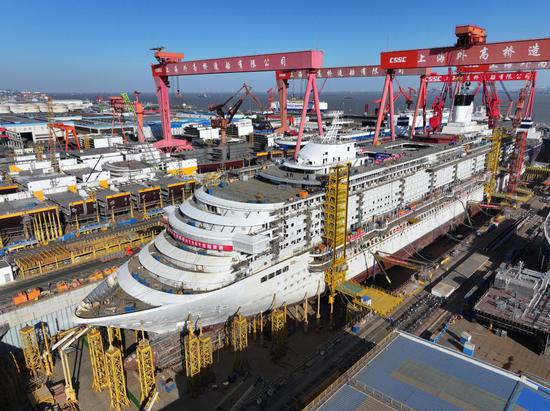
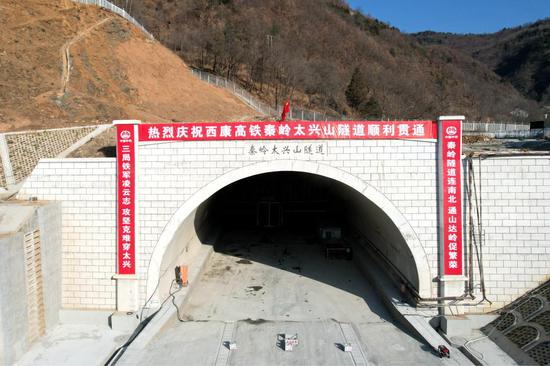


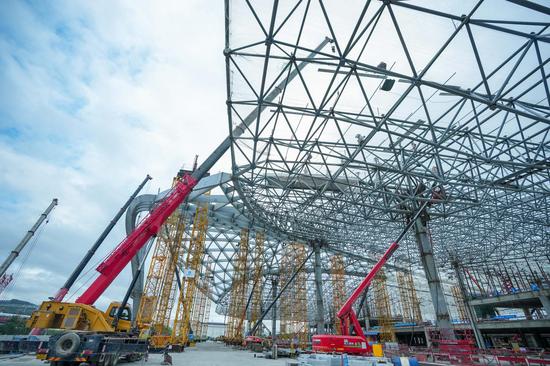
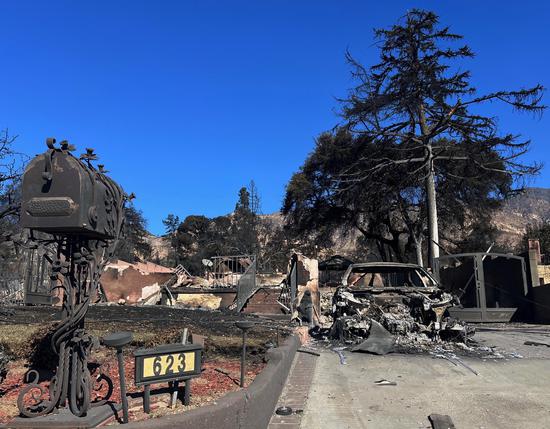
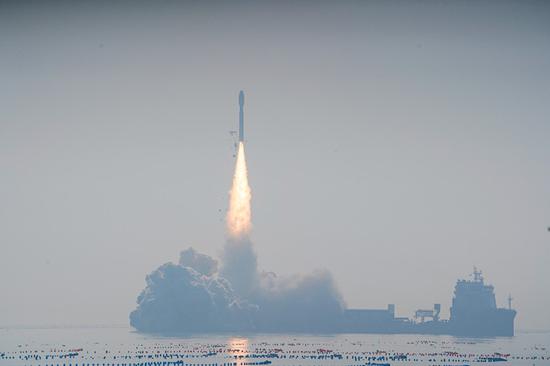



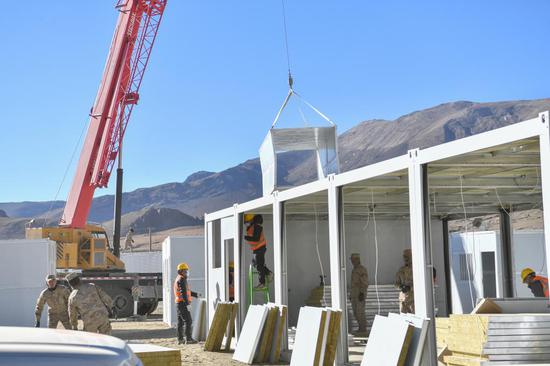









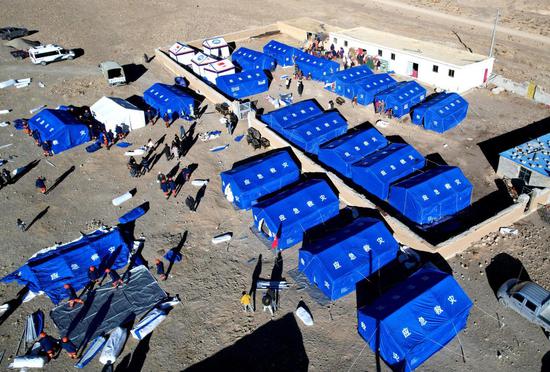








 京公网安备 11010202009201号
京公网安备 11010202009201号